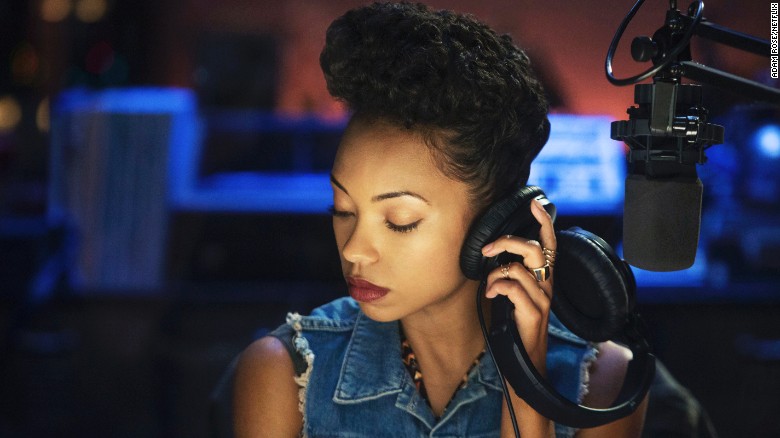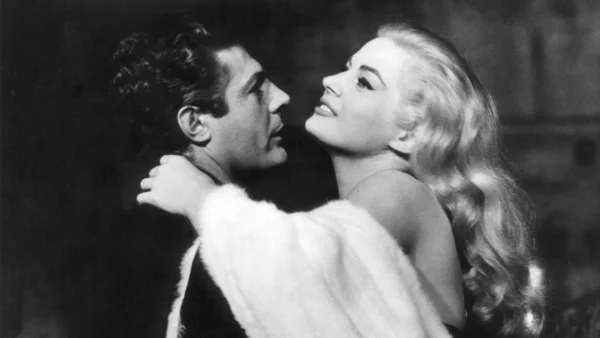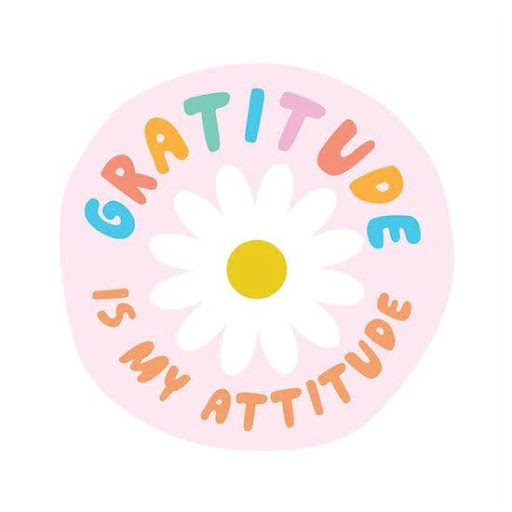Dear White People: Reverse Racism or a Righteous Concept?
February 14, 2017
In today’s America, there’s no doubt that race is a hot topic. From #BlackLivesMatter to a Charleston, South Carolina church shooting from a white supremacist to a black congregation, the polarization between different races in America is prevalent.
Netflix, a multi-billion dollar entertainment company known for creating a plethora of amazingly enjoyable original series such as Stranger Things, has created controversy over the teaser trailer for its next original, which is provocatively titled, Dear White People.
The short clip features a young black woman named Samantha White, who hosts a radio show at the fictional Ivy-League school, Winchester University.
She begins the teaser with, “Dear white people, here’s a list of acceptable Halloween costumes: pirate, slutty nurse, any of our first 43 presidents. Top of the list of unacceptable costumes: Me.”
It then goes on to show groups of college students having fun at a party with brown paint covering their faces and bodies.
The clip, though only 30 seconds, sparked much backlash and controversy. As of two days after its release, the video has 28,161 likes and 279,092 dislikes.
Angry people took to the comments and to social media to express their outrage over what some have called reverse racism.
One user commented below the video, “This is the most racist thing I’ve ever seen. I’m black and I can definitely say that if this was called ‘Dear Black People’ people would be protesting and having riots.”
Another disappointed user wrote, “I am utterly repulsed that a company that would air a program that judges me simply based on my skin color. I have never judged anyone in such a way and I hoped no one would judge me in this way either. A truly sad day in America. I hope that Netflix will come to it’s senses.”
After the clip was released onto Youtube, many cancelled their Netflix subscriptions as a response.
However, the show’s writer and director, Justin Simien, believes that the real meaning of show is not what many of the angry viewers have described it to be.
Responding to the backlash and comments of “racism” and “white genocide” he clarified, “The truth is, my film isn’t about “white racism” or racism at all. My film is about identity. It’s about the difference between how the mass culture responds to a person because of their race and who that person understands themselves to truly be. All explored through the microcosm of a success oriented Ivy League college.’
As with all art forms, the meaning of this controversial show should be left up to the individual to decide – instead of relying on an interpretation that is made through bandwagon influences.










